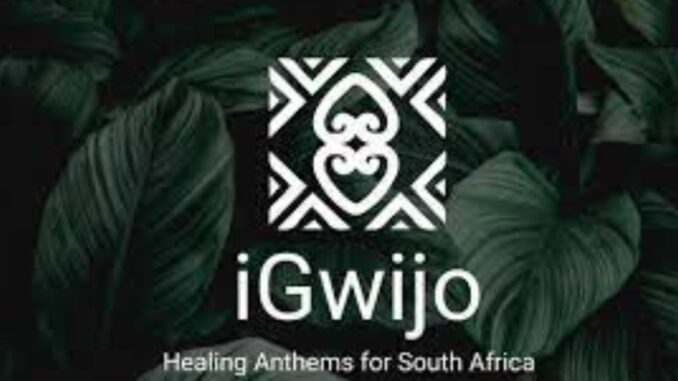
Gwijo is a style of choral singing that originated in South Africa, particularly among the Zulu and Xhosa communities. It is characterised by harmonious and rhythmic vocal arrangements often performed without instrumental accompaniment.
Fakaza known for its extensive collection of music content, has helped the users to stream music online or Gwijo Mp3 download songs for offline listening, making it a convenient destination for music lovers to explore and enjoy their favorite tracks.
Gwijo singing is deeply rooted in traditional African music and has been used in various cultural contexts, including celebrations, ceremonies, and community gatherings.
The word “gwijo” itself comes from the Zulu language and roughly translates to “harmony” or “choir.” Gwijo choirs typically consist of multiple singers, with each member contributing to the overall harmony and rhythm of the performance. The songs sung in the gwijo style often convey messages related to cultural pride, unity, and social issues.
Gwijo songs are a traditional form of choral singing that originated in South Africa, particularly among the Zulu and Xhosa communities. These songs are characterised by harmonious vocal arrangements and rhythmic chanting, often performed without instrumental accompaniment. Gwijo music is deeply rooted in African culture and heritage, and it serves various cultural and social purposes, including celebrations, ceremonies, and community gatherings.
Here are well-known gwijo songs:
1. “Thina Siyazalana Ma” – This song, which translates to “We Are Growing Up, Mother,” is a popular gwijo song performed by various groups, including Gwijo South Africa and Queens College. It celebrates cultural pride and unity.
2. “Nomalizo” – Sung by Ladysmith Black Mambazo, “Nomalizo” is a classic gwijo song that showcases the intricate harmonies and rhythmic patterns typical of this musical style.
3. “Ukuthula” – Meaning “peace” in Zulu, “Ukuthula” is a traditional South African hymn often performed in the gwijo style. It’s a beautiful and uplifting song that resonates with themes of hope and reconciliation.
4. “Siyahamba” – While “Siyahamba” is more commonly known as a South African liberation song, it is often performed in the gwijo style, highlighting the communal and uplifting nature of gwijo music.
In recent years, gwijo has gained recognition beyond its cultural origins and has been embraced in various music genres, including contemporary choral music, a cappella performances, and even sports chants. It remains an important part of South Africa’s rich musical heritage and continues to be celebrated for its vibrant and uplifting vocal arrangements.